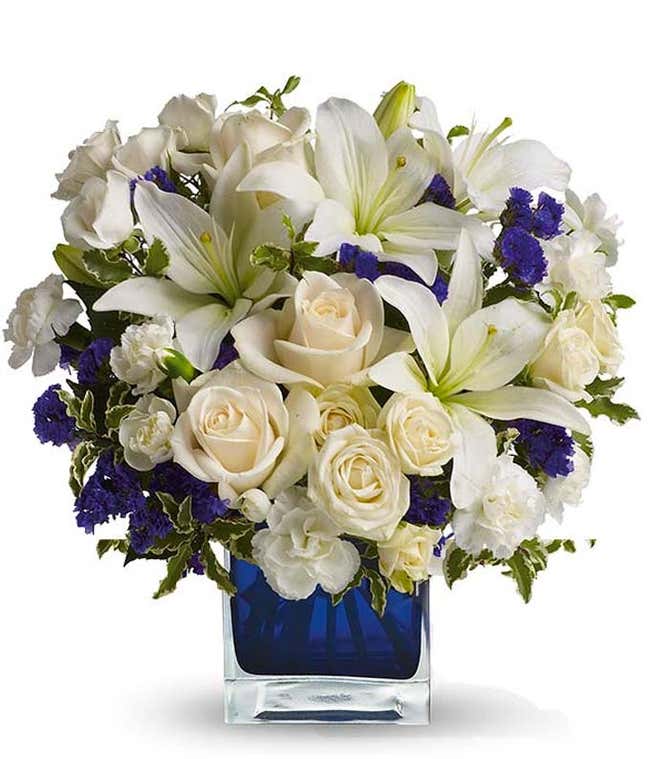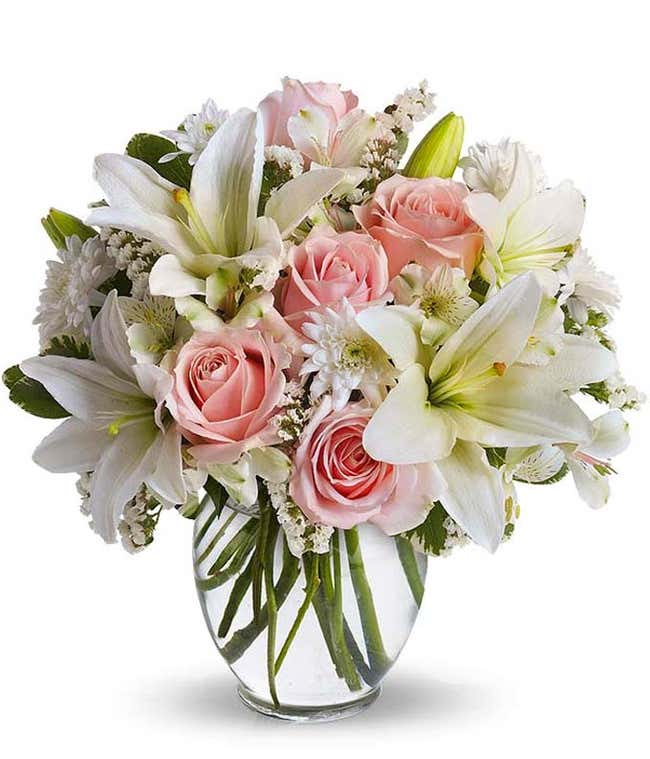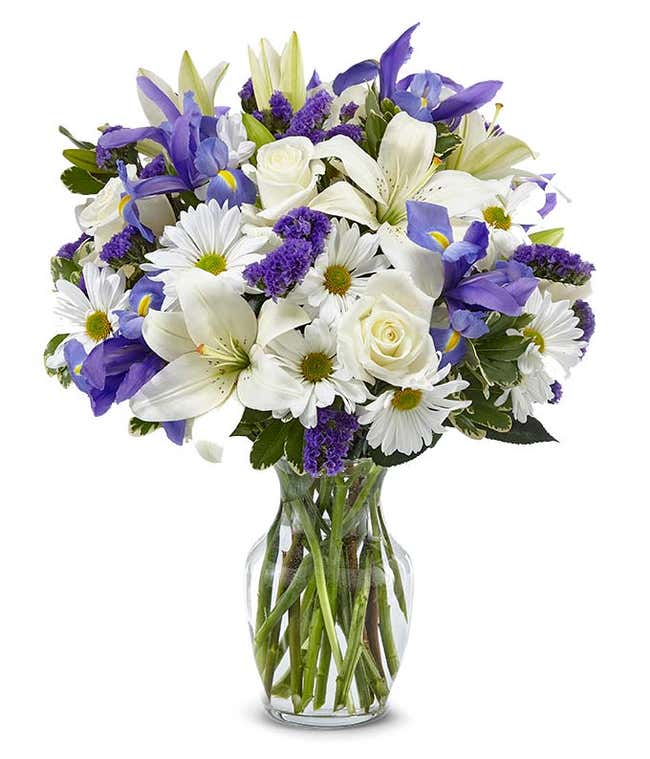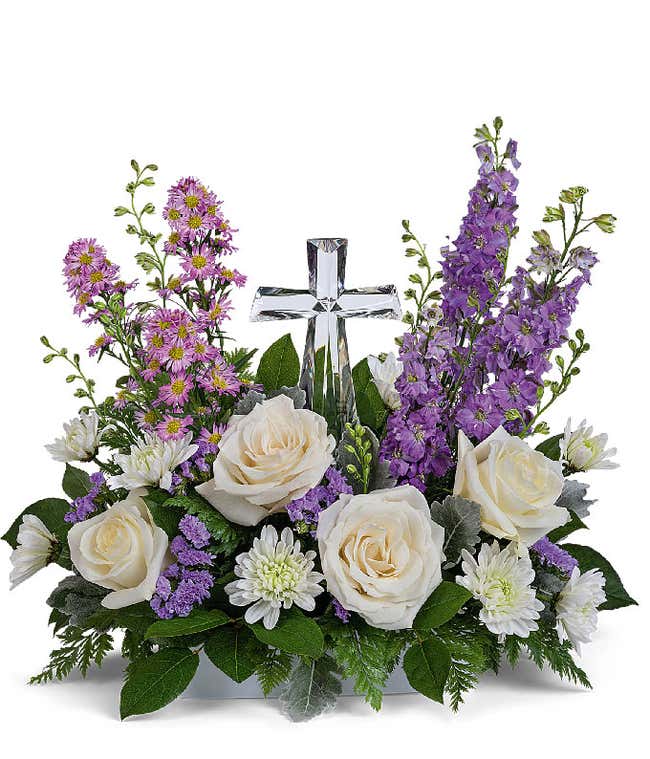- Flower Resource Guide Home
- Occasions
- Anniversary
- Birthday
- Business
- Christmas
- Christmas Around the World
- Christmas Decorating
- Christmas History Trivia
- Funeral & Sympathy
- Funeral and Sympathy Flowers
- Funeral and Sympathy Etiquette
- Types of Funeral Flowers
- Get Well
- Halloween
- This History of Halloween
- Halloween Decorating & Craft Ideas
- Mother's Day
- Gift Ideas for Mother's Day
- What Day Does Mother's Day Fall On?
- Mother's Day History
- New Baby
- Thank You
- Thanksgiving
- History of Thanksgiving
- Thanksgiving Flowers & Crafts
- Valentine's Day
- History of Valentine's Day
- Valentine's Day Flowers & Gifts
- Decorating with Flowers
- Flower & Plant Care
- How to Keep Flowers Fresh
- Flower Meanings
- Meaning of Roses
- Floral Astrology
- Flowers for Men
- Fun Flower Facts
- What are the Different Parts of a Flower?
- What are the Most Popular Houseplants?
- State Flowers
- New Jersey
- North Carolina
- Flower Names for Kids
- How to Make Chocolate Covered Strawberries
- What is the Purpose of Flowers?
- Benefits of Flowers and Plants
Buddhist funerals will almost always take place in a funeral home and never in a temple. Sending flowers is considered appropriate for a Buddhist funeral.
Eastern Orthodox practitioners are strict about three days between death and burial. During this time, flowers may be sent to the funeral home. White funeral flowers are seen as especially meaningful.
Hindus hold a funeral service on the day of death, before the sun goes down if possible. Sending flowers isn't part of the Hindu tradition, but it may still be seen as a thoughtful gesture. It would be appropriate to send an elegant funeral spray to commemorate the dead.
Jewish tradition doesn't include the sending of flowers at death. It's more appropriate to send gift baskets or fruit during the period of mourning. However, younger Jews may be more open to receiving flowers at home or at the foyer of the synagogue.
Mormons (or Church of Jesus Christ of Latter Day Saints) appreciate flowers and funeral sprays at the time of mourning. However, refrain from sending flowers in the shape of a cross as it may be seen as offensive, and it is important to note that Mormon funerals are not held in the temple.
Muslim or Islamic cultures may have differing opinions concerning funeral flowers, depending on their ethnic origin and perhaps even on what particular branch of Islam they are from. It is best to ask the opinion of a family member or of someone close to the family.
Protestants and Other Christian faiths accept all forms of funeral flowers. Certain branches or denominations farther out of the mainstream (especially in some Reformed traditions) may have particular ideas concerning simplicity and adornment, however.
Roman Catholics welcome flowers and funeral flower arrangements. There may be some particulars concerning delivery of funeral flowers to a church or cathedral which you should be able to ascertain by calling the church or funeral home where the service will be held.




